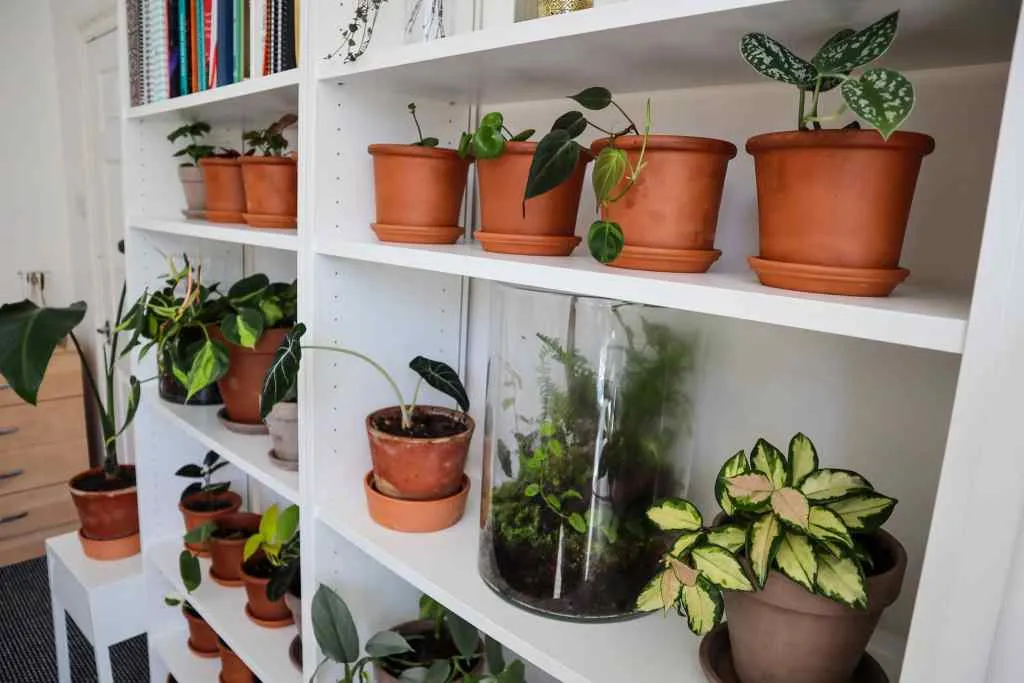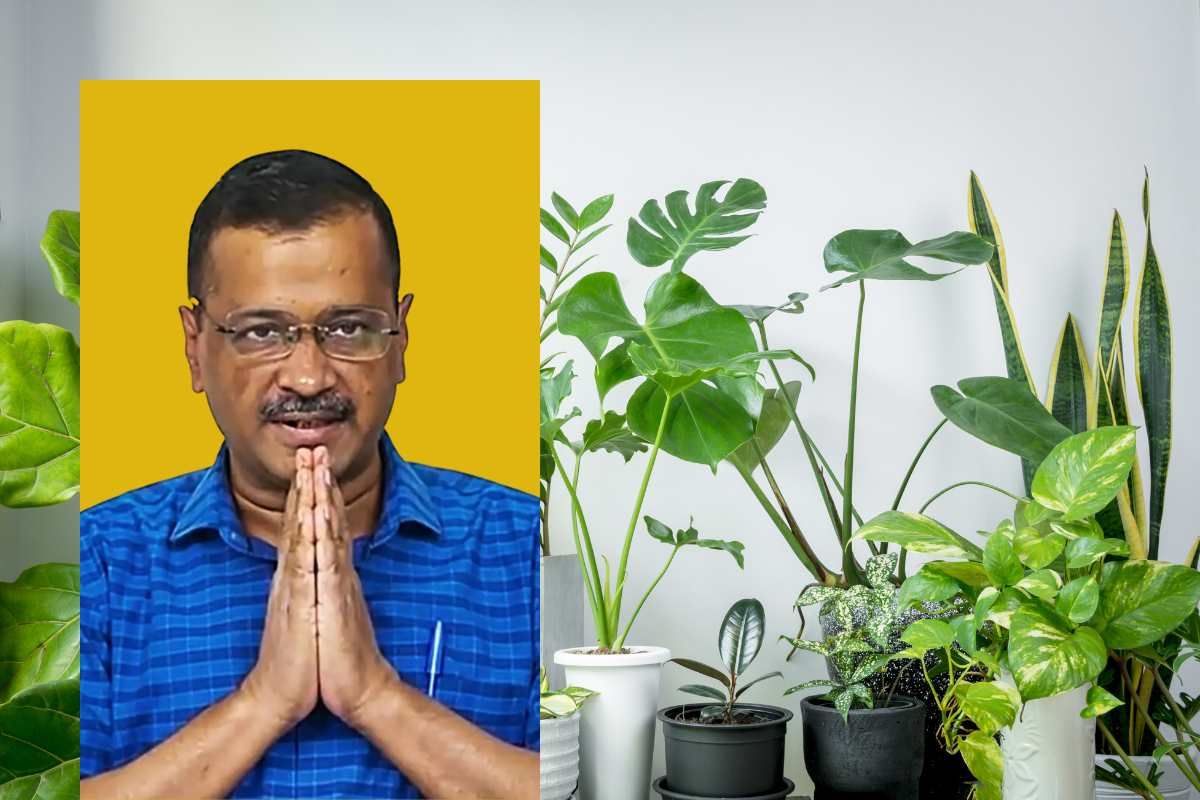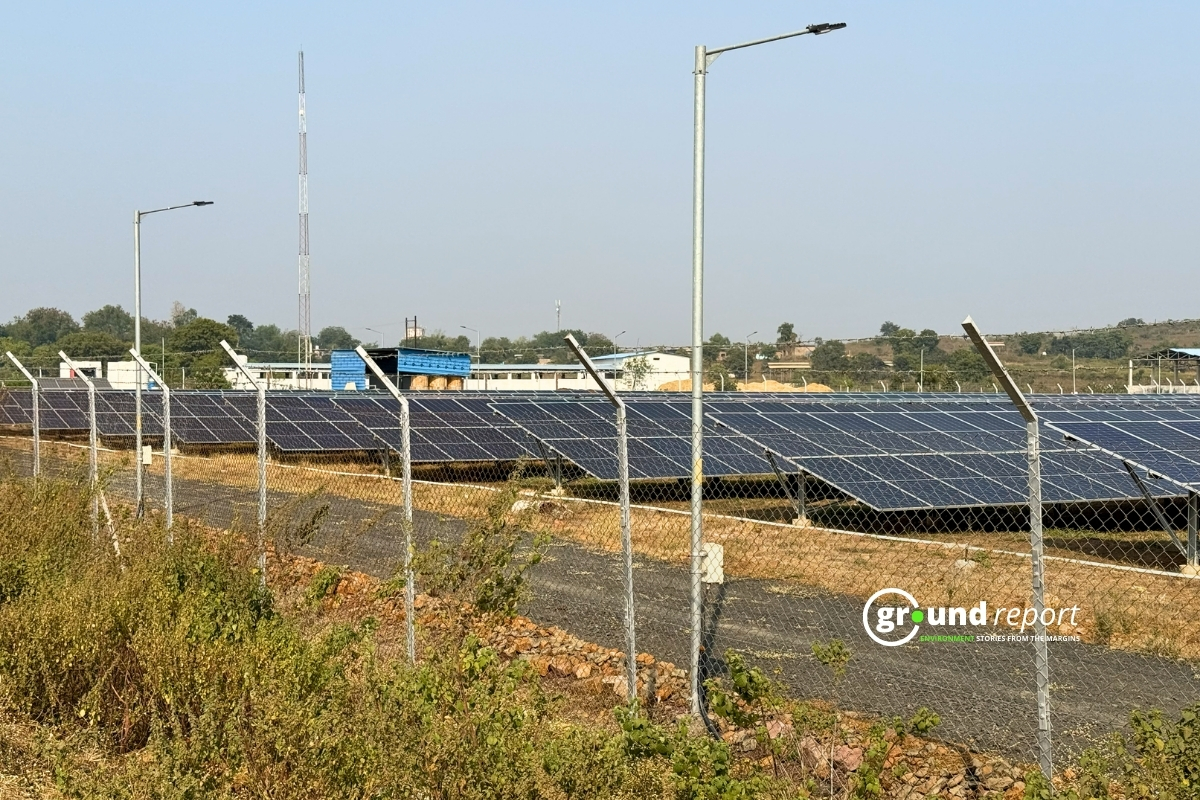The Delhi government has recently launched a new initiative to improve the city’s green cover by providing free plants at people’s doorsteps. The initiative, called “Delhi Tree Challenge,” aims to distribute 30 lakhs (3 million) saplings across the city. The scheme was launched by Delhi’s Environment Minister, Gopal Rai, on September 14, 2021. The aim of the program is to increase the green cover in Delhi from the current 325 square kilometers to 350 square kilometers.
Delhi Tree Challenge: What and why, is this initiative?
The initiative is part of the government’s efforts to fight air pollution in the city, which is a major public health concern. According to a report by Greenpeace India, Delhi has been the most polluted capital city in the world for the past few years. The government has taken several measures to address the problem. The implementation of the odd-even traffic rule, a ban on diesel generators, and the introduction of electric buses are to state a few.
“The Delhi Tree Challenge “ is a continuation of the government’s efforts to tackle air pollution by increasing the city’s green cover. The program is open to all Delhi residents, and they can register for the scheme through the Delhi government’s website. Once registered, residents will receive free saplings at their doorstep. The plants are available in different varieties, including fruit trees, medicinal plants, and ornamental plants.
According to research, green spaces have been shown to have positive effects on mental health and overall well-being. Hence, making this initiative beneficial for both the environment and the residents of Delhi.

The Importance of Planting Trees
Planting trees is an effective way to combat air pollution and improve the environment. Trees absorb carbon dioxide from the atmosphere and release oxygen, which helps in purifying the air. Trees also help in reducing the temperature by providing shade and releasing moisture through transpiration. They prevent soil erosion and provide habitats for birds and animals.
According to a report by the United Nations, planting trees is one of the cheapest and most effective ways to tackle climate change. The report states that planting trees on a large scale could remove up to two-thirds of the carbon emissions that have been released into the atmosphere since the Industrial Revolution.
The Benefits of the Delhi Tree Challenge
The Delhi Tree Challenge is expected to have several benefits for the city and its residents. The program aims to increase the city’s green cover, improve the air quality and reduce the temperature. Furthermore, it will also provide a source of livelihood for nursery owners and gardeners.
The initiative will also have social benefits. Planting trees is a community activity that brings people together and promotes a sense of ownership and responsibility towards the environment. It will also create awareness about the importance of environmental conservation among the residents of Delhi.
Conclusion
According to a study by the World Bank, investing in green infrastructure, such as trees, can yield high economic returns. The study found that for every dollar invested in green infrastructure, cities could receive up to $2.50 in economic benefits, such as increased property values and reduced healthcare costs.
The Delhi Tree Challenge is a commendable initiative by the Delhi government to increase the city’s green cover and combat air pollution. The program will not only improve the environment. But, also have social and economic benefits for the city and its residents. Planting trees is a simple yet effective way to tackle climate change. Furthermore, the initiative is a step in the right direction towards a greener and healthier Delhi.
Keep reading
- Haryana’s New ‘Tree Act’: Addressing the Decline in Green Cover
- Rs 2 crore fine by NGT on NHAI for breaking environment rules
- Every hour five trees cut down in Delhi, Just think about other places
Follow Ground Report for Climate Change and Under-Reported issues in India. Connect with us on Facebook, Twitter, Koo App, Instagram, Whatsapp and YouTube. Write us on GReport2018@gmail.com.









